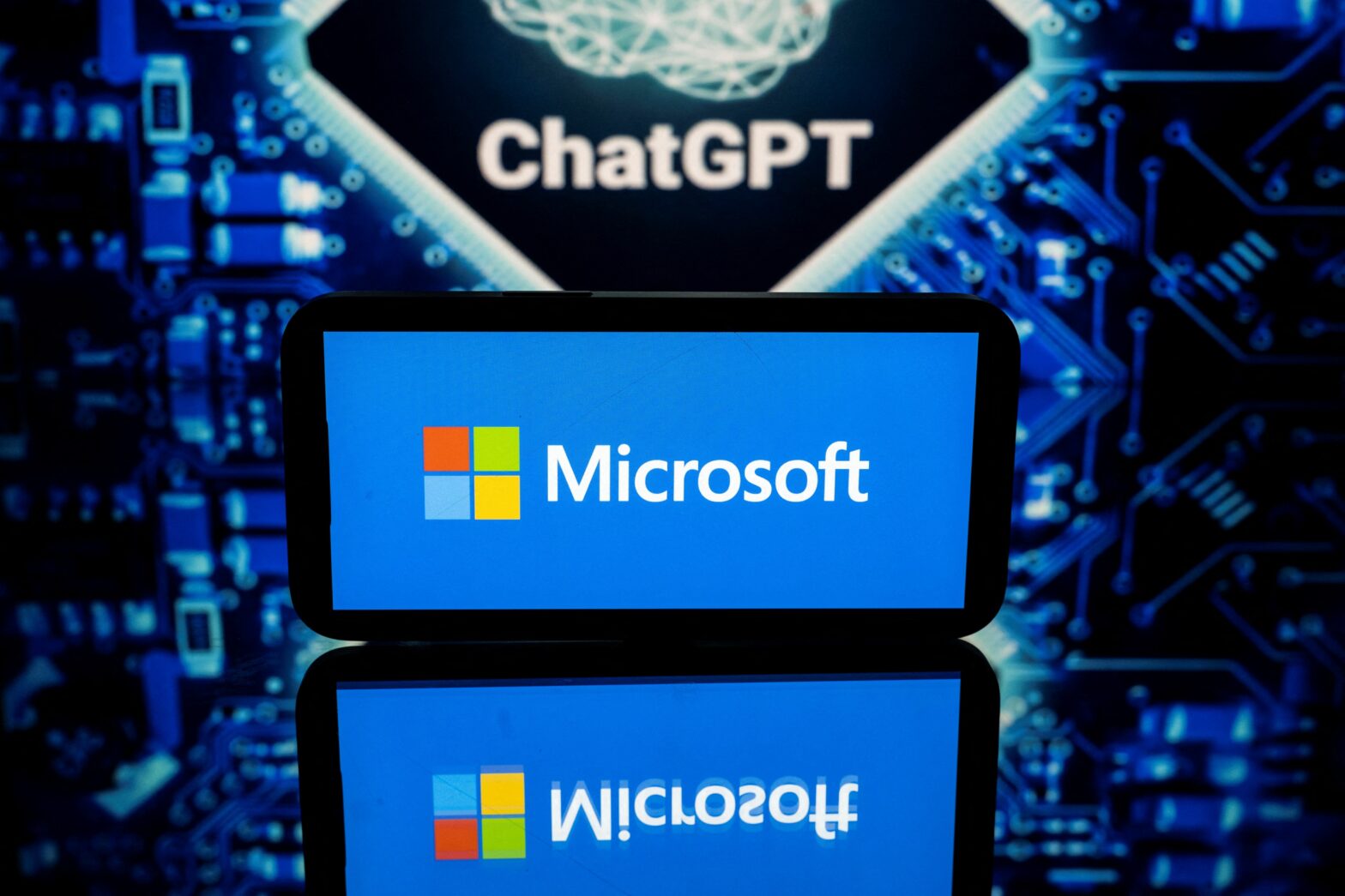In a race to commercialise generative AI capabilities, following introductions of its Azure OpenAI service and copilot for 365 programs, Microsoft is expanding these services across the ecosystem to diversify possible outcomes for developers and organisations.
Software developers will be able to integrate apps and services into Microsoft 365 Copilot, using a choice of over 50 plugins provided by partner vendors including Atlassian, Adobe, ServiceNow, and Thomson Reuters, as well as those delivering Bing, ChatGPT and Teams.
Meanwhile, the Azure OpenAI service is now able to facilitate integration of external data sources through a newly released Azure AI Studio, with Azure Machine Learning prompt flow allowing for insert of requests.
Improving understanding of machine learning for end-users — Here’s how understanding of this technology can be improved for end-users being introduced.
Additionally, Microsoft announced a new unified analytics platform called Microsoft Fabric, which includes data integration, observability, warehousing and business intelligence — all connected to the data repository OneLake.
This new offering, as with Windows 11 and Microsoft ecosystem programs, will come with a dedicated copilot. A Windows copilot preview will be available next month, according to the announcement.
“We believe the copilot represents both a new paradigm in AI-powered software and a profound shift in the way that software is built — from imagining new product scenarios, to the user experience, the architecture, the services that it uses and how to think about safety and security,” said Frank X. Shaw, chief communications officer at Microsoft.
“At Microsoft, we’ve been committed to developing AI technology that has a beneficial impact and earns trust, while also sharing our own learnings and building new tools and innovations that help developers and businesses implement responsible AI practices in their own work and organisations.”
Microsoft on the AI battleground
These developments represent a large step in Microsoft’s ongoing partnership with GPT developer OpenAI, with over 4,500 business customers now using the Azure OpenAI service.
According to Forrester analyst Rowan Curran, Microsoft’s announcement displays the breakout of a new battle, with big tech organisations “all racing to provide the same type of [AI] capabilities to developers as quickly as possible”, with the tech possibly shifting from a stand-alone product to an “ingredient” for new, larger software innovations.
Google and Salesforce are among the corporations involved in facilitating generative AI usage for widespread collaboration, with the technology now included in Google Workspace and Slack.
More information on the generative AI updates announced at Microsoft Build can be found here.
Related:
Google revamps search engine to include AI — Website search results to be pushed further down-screen, with AI-generated question-and-answer-style chats at top of page.
Salesforce announces Slack GPT to deliver conversational AI to businesses — Salesforce has launched Slack GPT, its new generative AI offering for business chat, delivering native AI features within the Slack platform.










